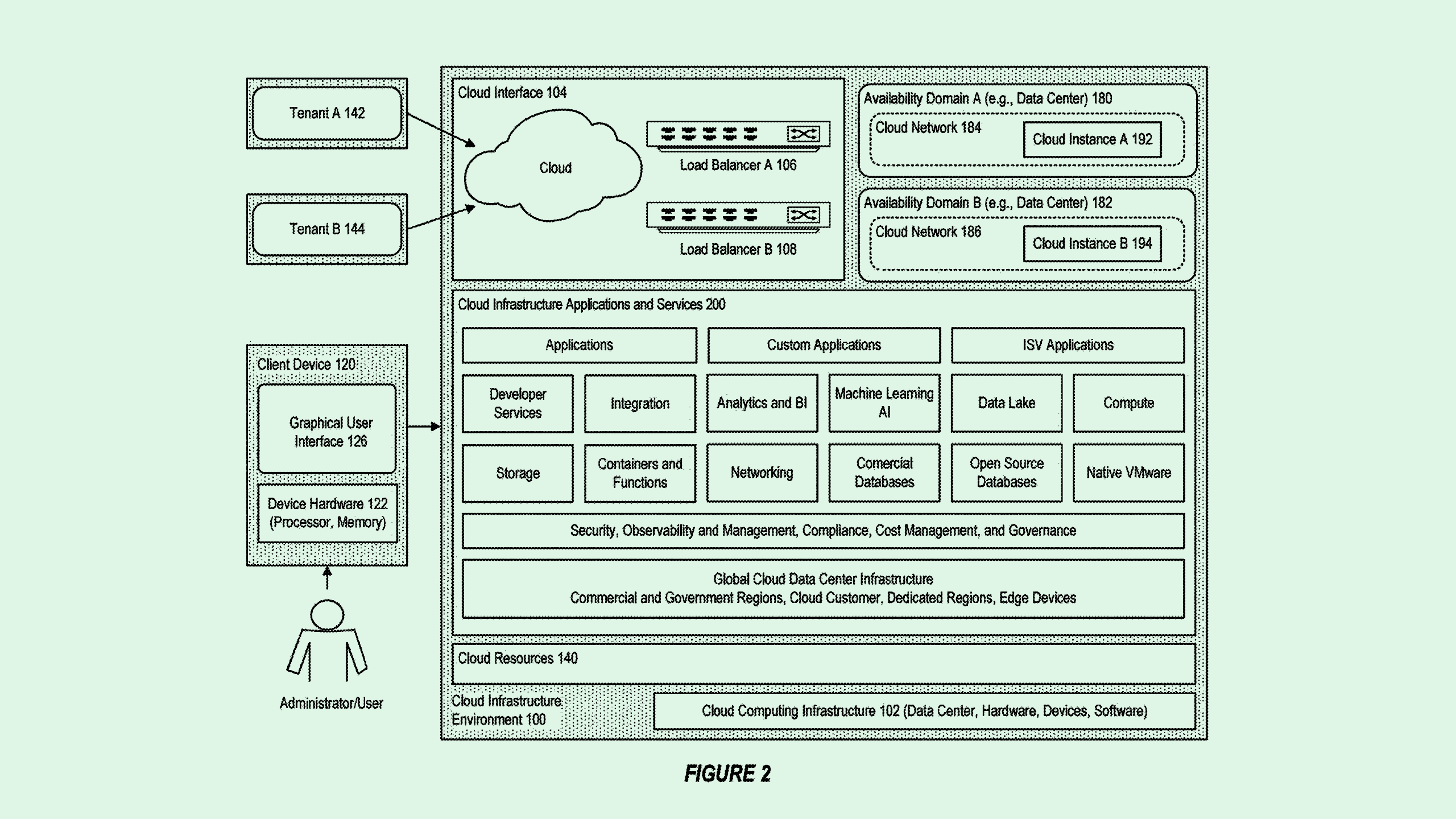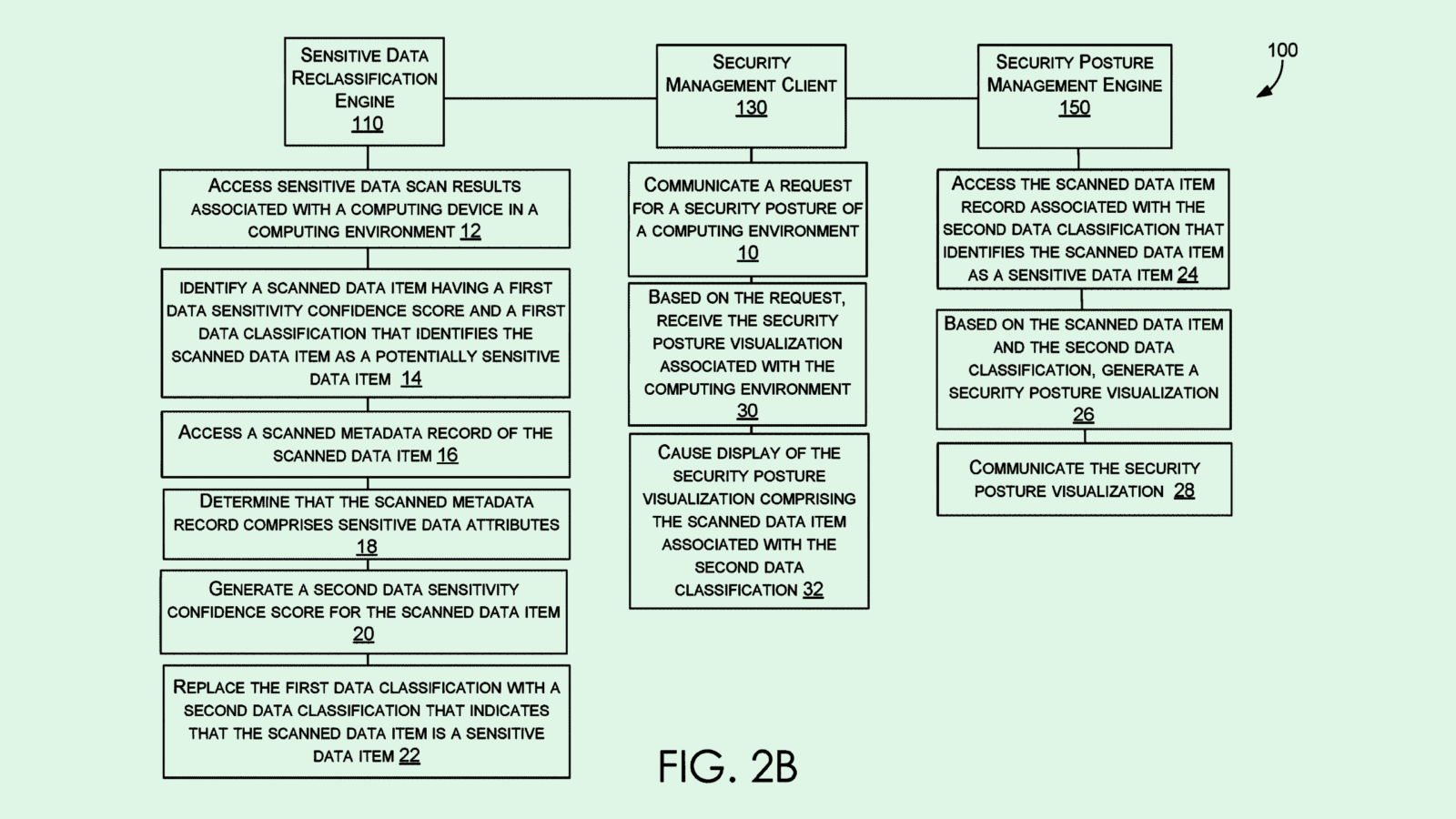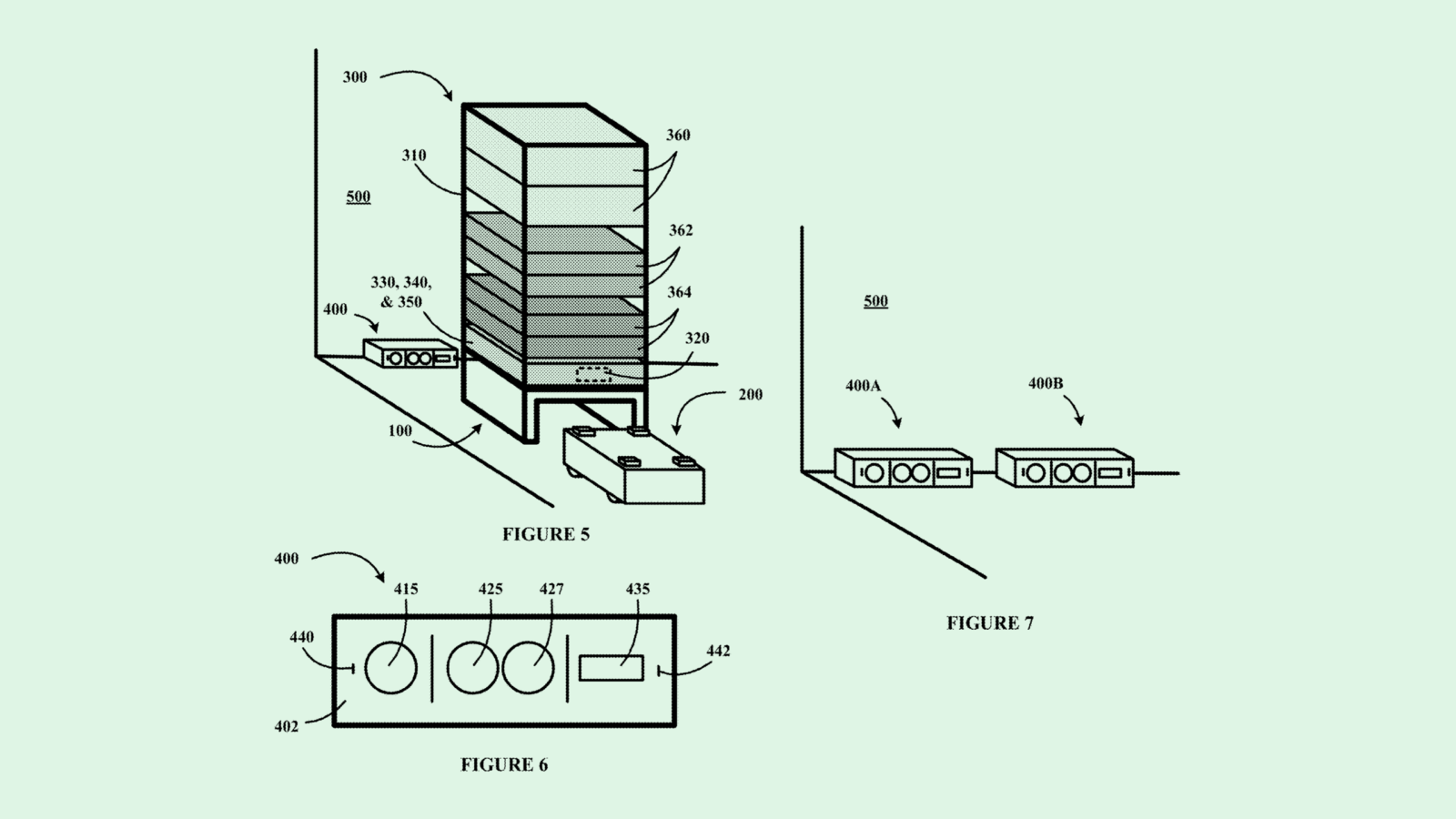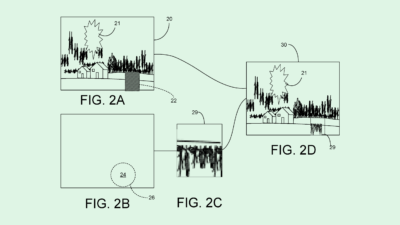Oracle’s Cloud Business is Along for the AI Ride
Oracle probably won’t beat out major cloud companies. But it doesn’t have to in order to benefit from the AI wave.

Sign up to uncover the latest in emerging technology.
Oracle wants to keep a close eye on the cloud.
The company filed a patent application for “health metrics associated with cloud services.” It pitches an observability service that tracks whether or not various services within a cloud environment are operating at their best capacity.
“Cloud operators may monitor the operations and performance of the cloud environment, to gain insights into system health, detect operational issues, optimize resource allocation or utilization, and promptly respond to issues that may arise,” Oracle said in the filing.
Each service available in a cloud environment is assigned what Oracle calls a “health metric.” This metric is influenced by different “alarms” linked to features within that specific service. For example, if one feature within an application is operating slowly, that’ll lower the health metric for the application as a whole.
If an alarm is triggered and a service’s health metric drops, Oracle’s system would consider how its health impacts “downstream” services that rely on it to function. If one service going down creates a domino effect, making others go haywire, that’ll impact its health metric even further.
All of this data is visualized on a user interface that allows system administrators to track outages in real time and trace the original source of a problem.
Oracle has made a lot of cloud gains in the last several months. The company saw cloud earnings jump 21% in the most recent quarter. It also surpassed IBM in cloud market share, tying with Salesforce at around 3% in the second quarter, according to CRN.
It’s not likely that the company will ever overtake the likes of AWS, Microsoft, or Google in this market, said Trevor Morgan, senior vice president of operations at OpenDrives. However, that’s not where the company’s strength lies, he said.
Oracle’s sweet spot may be in providing a foundational service that’s adaptable to the data needs of its clients, said Morgan. This patent is evidence of that, said Morgan, and could help monitor the data-hungry AI services that are increasingly being built and deployed in cloud environments.
AI has changed the cloud landscape drastically, increasing dependence on these services as computing needs exponentially increase. While other major cloud providers are busy building out AI tooling and foundational models, Oracle is providing a “water source, so to speak,” said Morgan.
The company doesn’t have to be an AI trendsetter to benefit from the wave, he said. Rather than trying to be something it’s not, Morgan said, Oracle has positioned itself as a predictable business in an ever-changing market, offering “long-term stability for the shareholders.”
“For Oracle to have to be the major information store means that wherever this goes, they’re a player in that — whether they’re leading the way in AI or they’re that data repository that the AI will then draw upon.”











